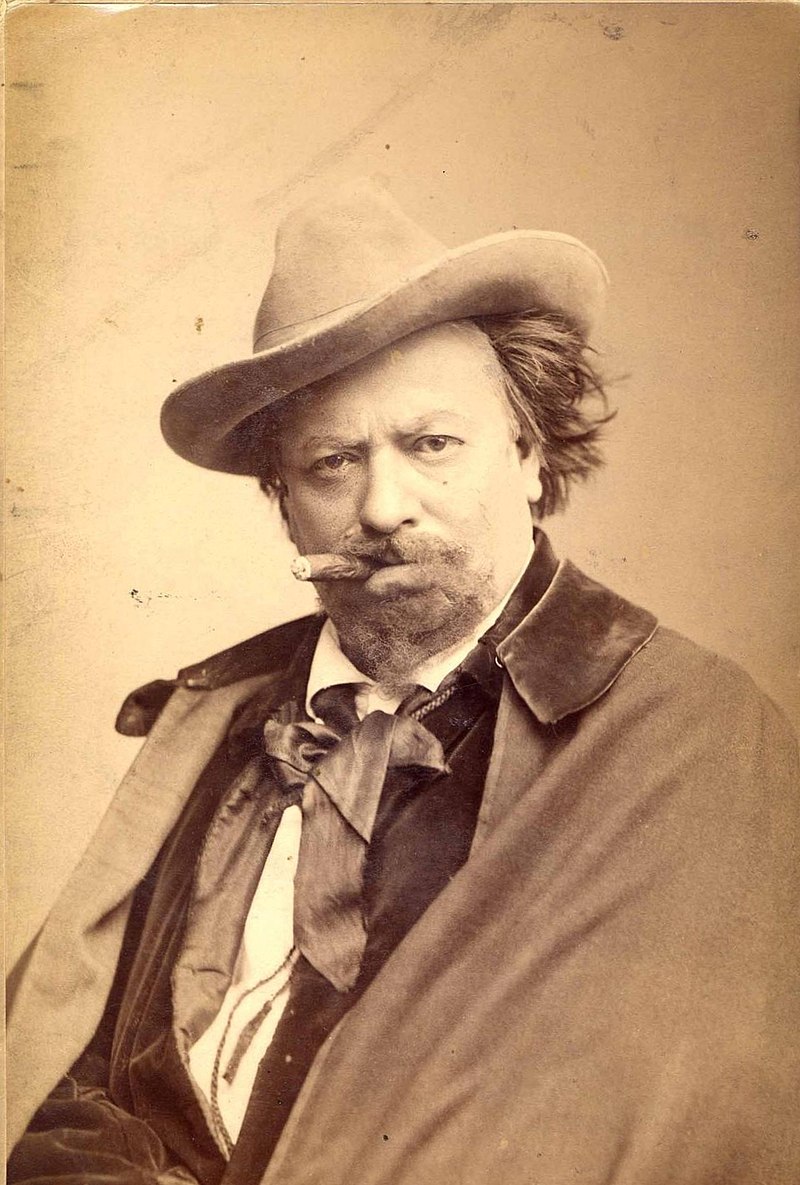Essential to any Hungarian wedding or Sunday lunch, Újházi chicken soup is named after Ede Újházi. A major figure in the world of theatre, Újházi nonetheless lives on in the memory of the general public mainly as a gastronomic favourite. His career is surrounded by many legends, not the least of which is his chicken soup, first concocted at Wampetics, forerunner of today’s prestigious Gundel restaurant.
The protagonist of our story, the son of Mária Bock
and Károly Ujházy, doctor of the free royal city of Debrecen, was born on 28 January
1841 in what Hungarians then called the Calvinist Rome. As a child of a well-to-do family, he received a good upbringing but, despite the opposition of
his parents, he entered the theatre after completing his schooling.
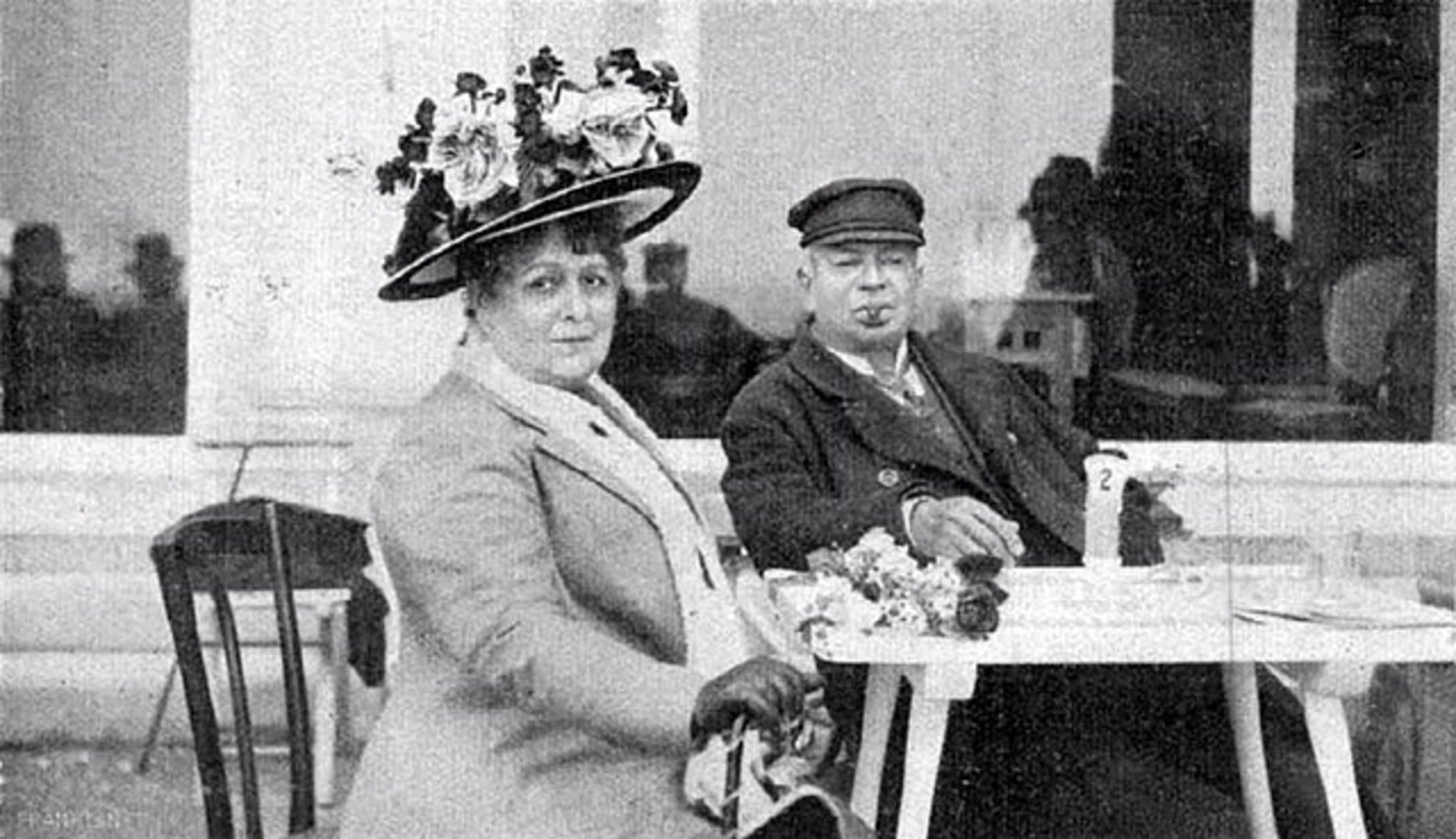
After his years in the provinces, in 1869 he performed at the National Theatre in Budapest. His natural playing style and emotional characterisations, intertwined with good humour, also allowed him to conquer Vienna.
Yet his name is primarily preserved in Hungarian
gastronomy, hopefully until the end of time.
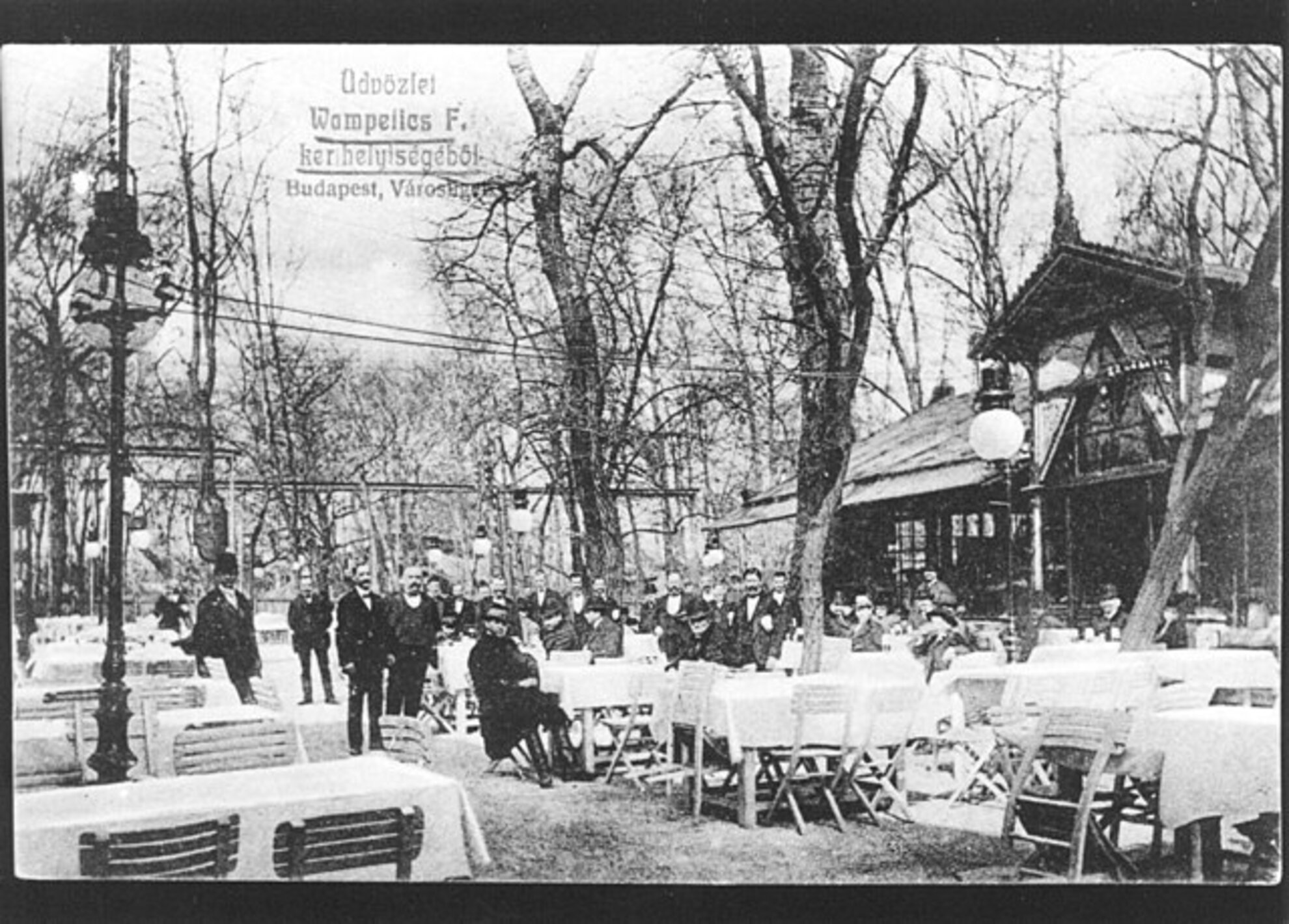
Chicken soup and spritzers
“A Újházi table was reserved in the courtyard of the summer restaurant used by the army band in City Park. The menus at the most prestigious restaurants featured Ujházi chicken soup and Ujházi spritzers. The man was a gourmand. In this he also understood what is fine and what is good,” said the fourth edition of the Hungarian Lexicon of Drama (Mária Rabatinszky, Zwischenakt, Budapest, 1931).
(Újházi spritzer: 2dl Olaszrizling wine and 1dl ice-cold pickled cucumber juice – ed.)
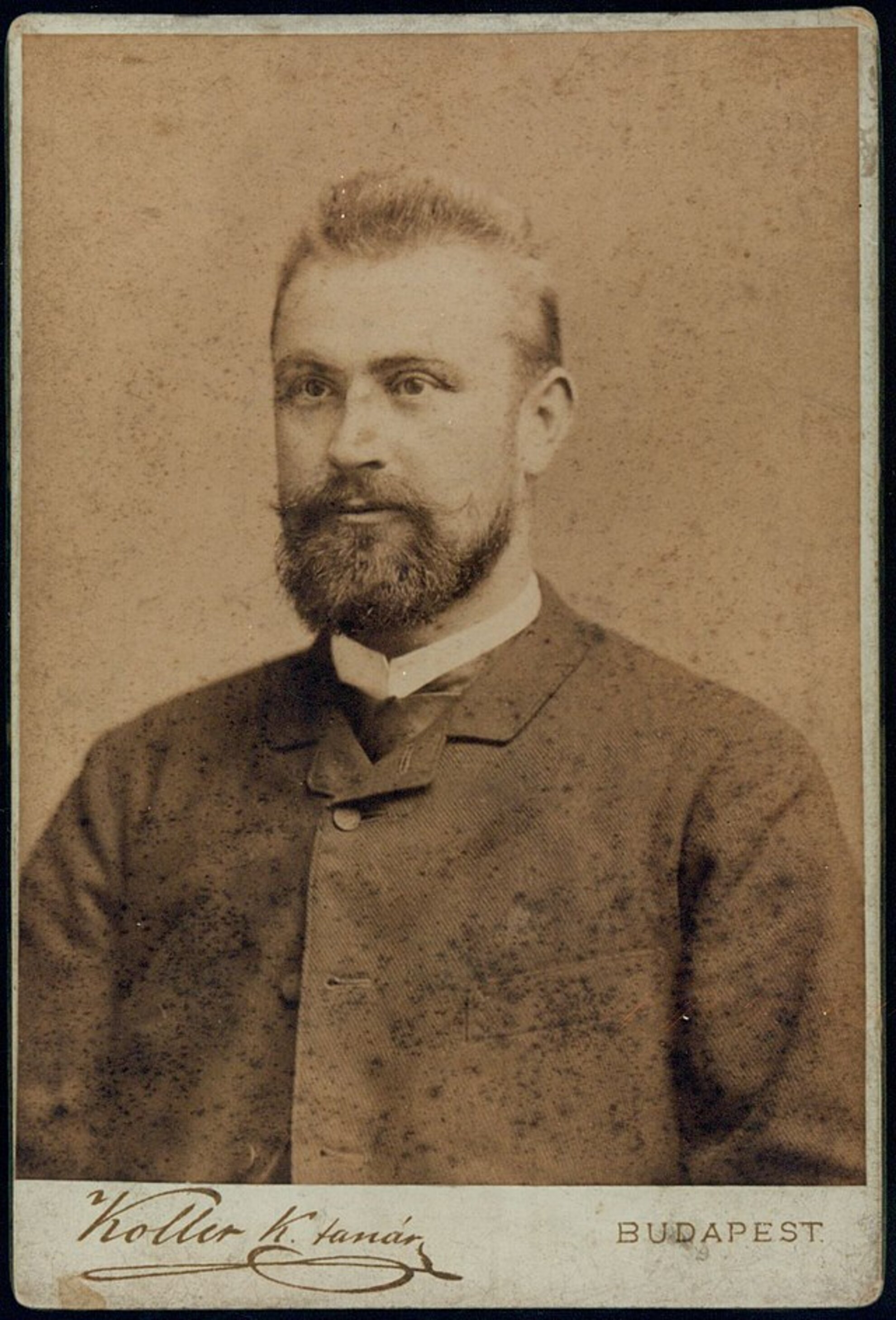
In the 1860s, when Budapest Zoo was founded in the City Park, it was decided to establish a restaurant in the area of the garden. The first tenant was János Klemens. In December 1888, the zoo signed a contract with innkeeper Ferenc Wampetics for the present area of the restaurant, which in 1889 took over the lease of the Klemens inn.
The name Wampetics became known around Pest and the eatery one of the most popular places to dine, with groups of writers, politicians and artists gathered around the tables. Wampetics was leased from the City by Károly Gundel in 1910, renamed Gundel and the rest, as they say, is history.
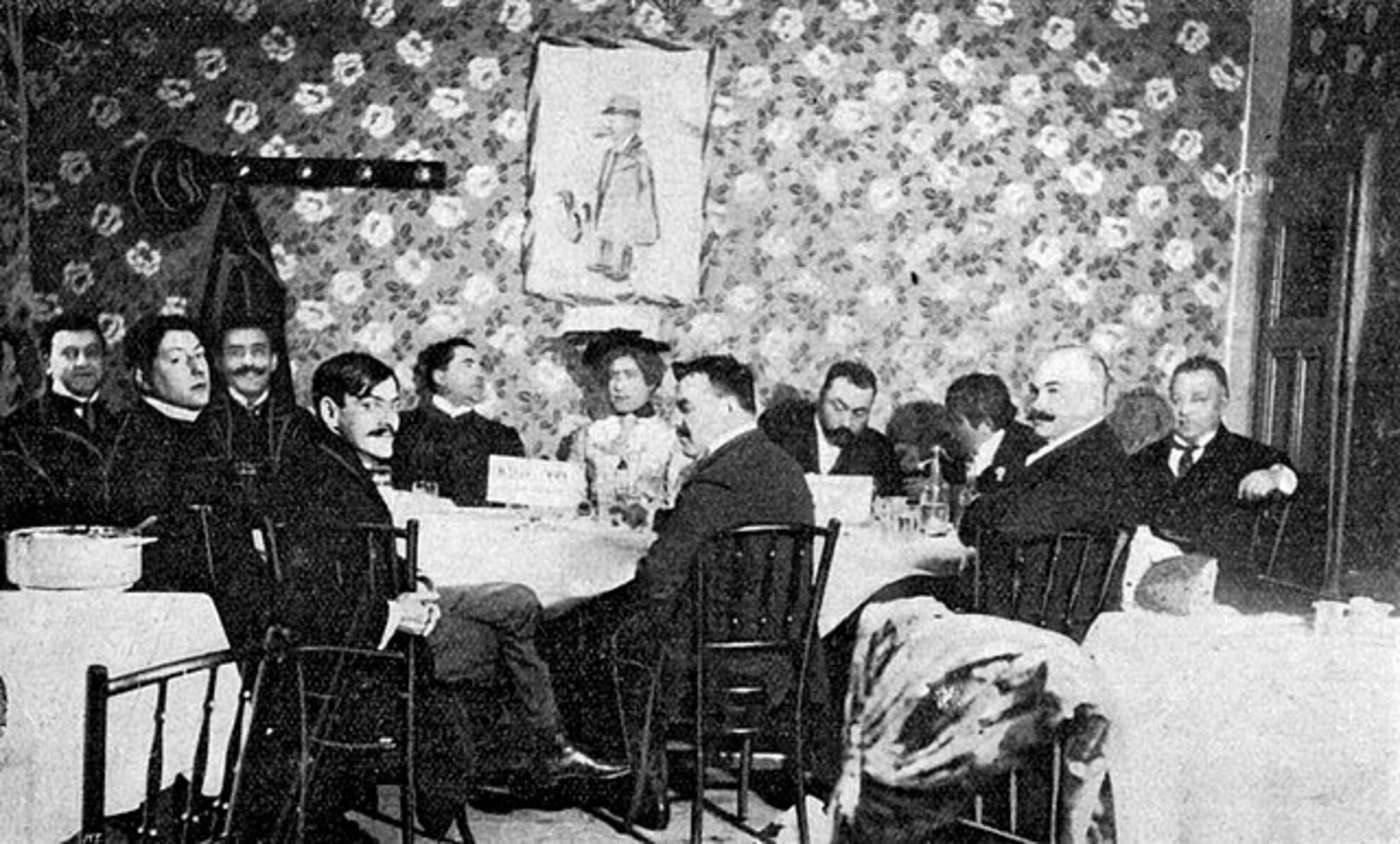
Writer Endre Nagy, compère, theatre director and ‘the father of Hungarian cabaret’, wrote his friend's real secret of making Újházi chicken soup with rooster meat:
“He did not mind the extra effort and cost, he
travelled to Debrecen to obtain the material for his own invented soup. Old
roosters were essential, their hardened muscles containing the accumulation of flavours
from their passionate movements. They had to cook continuously for three days
until they lifted the lid and put in the vegetables, particularly the legendary
celery."
"He was especially careful not to lose the other distinctive organs of
roosters, in whose magical powers he superstitiously believed. He paid particular
attention to offering these snippets of detail to anyone interested A bowl of
soup like this revives the patient and makes him a healthy, thriving young man.”
(Source: Wikipedia)
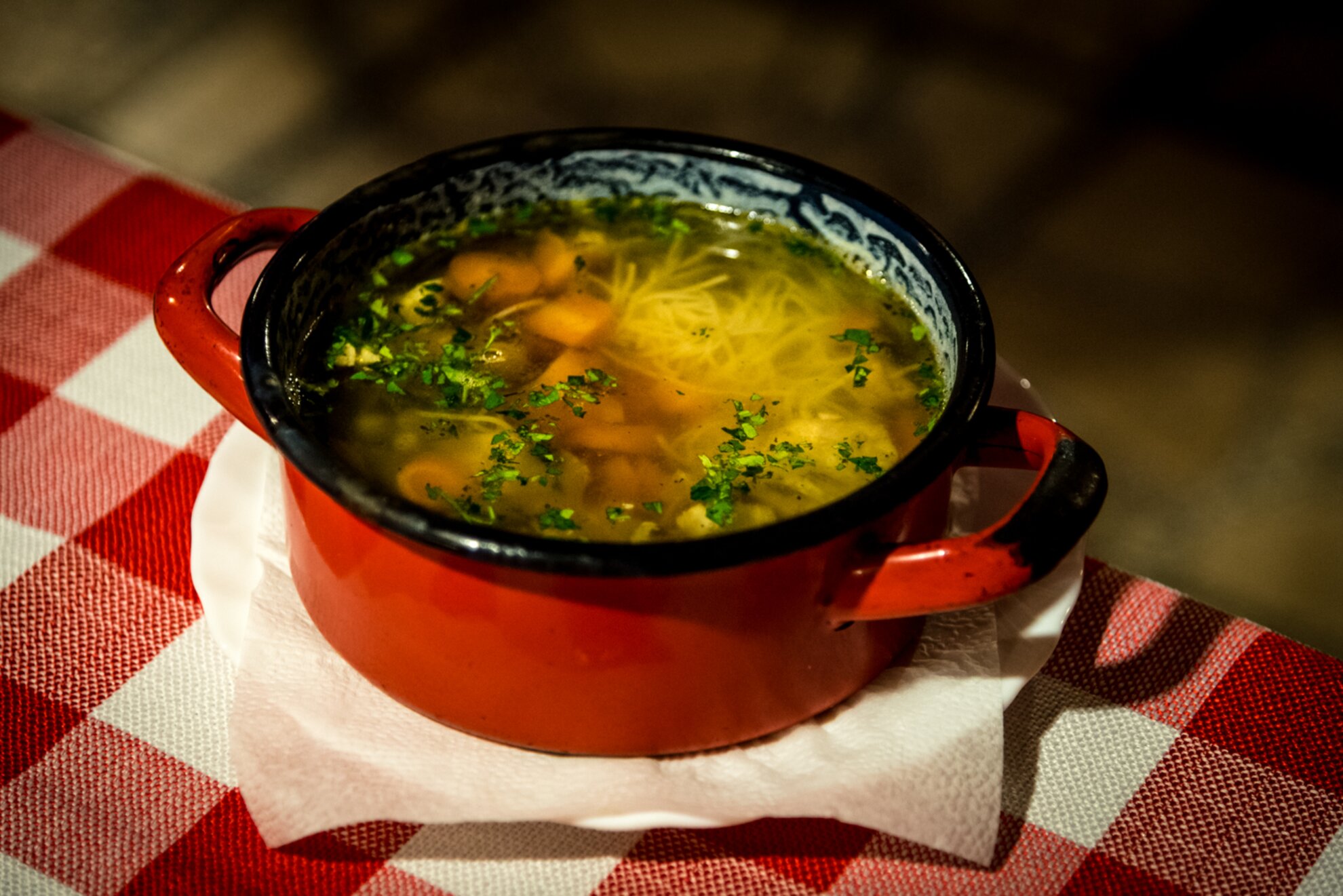
At Wampetics, regular guest Ede Újházi explained that he was “a lover of soup stewed with mature pieces of chicken, trimmings, good pieces of white meat, pasta and the right vegetables”.
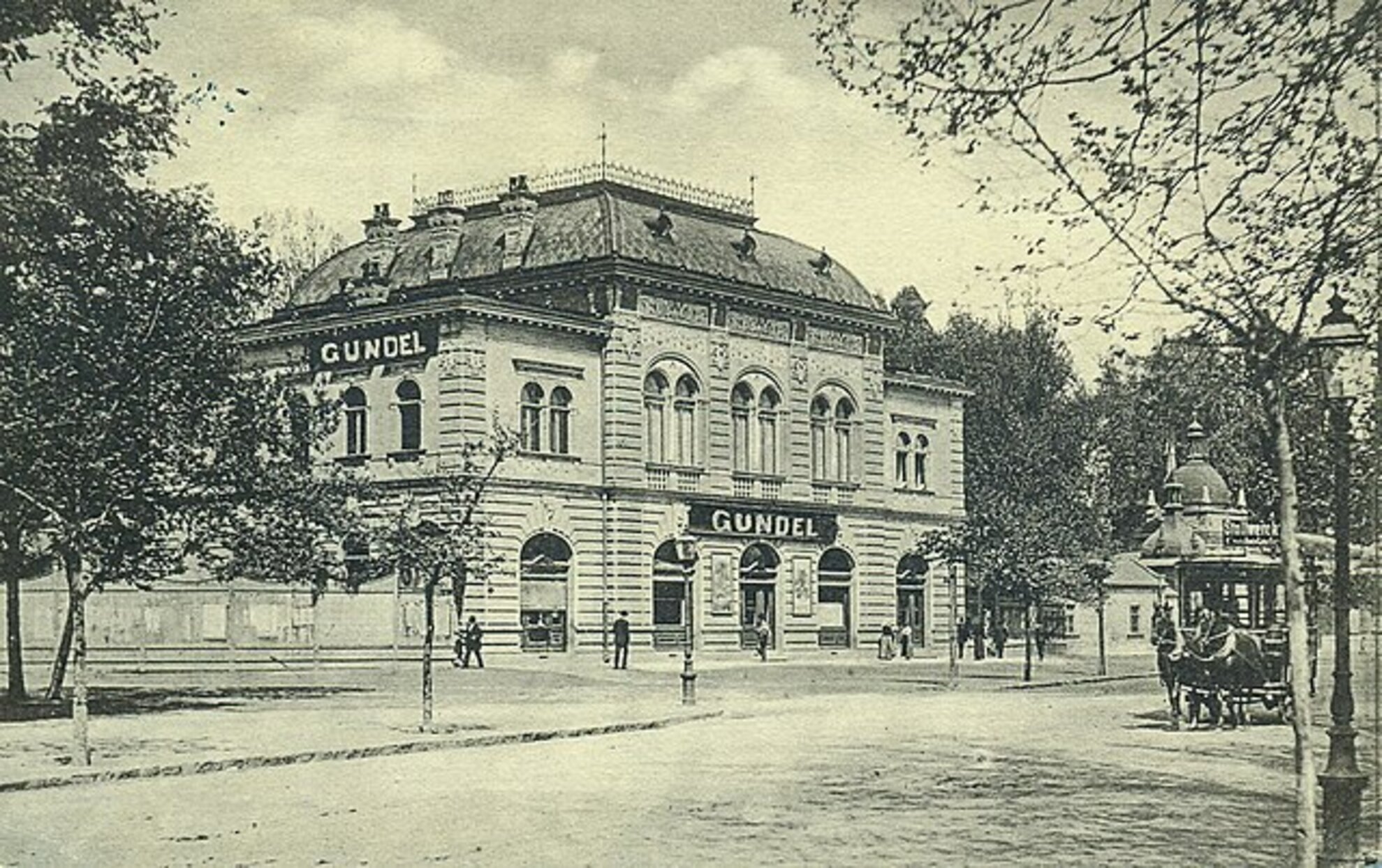
The next day, the head chef treated him to the first version of what would be the famed chicken soup. Újházi duly tasted it, then gave him further instructions on how to make it.
This is how this iconic dish, conceived in Budapest and quickly conquering Hungary, was developed and refined to become integral to the Magyar culinary canon, and essential to family gatherings from the turn of the century to the present day.
